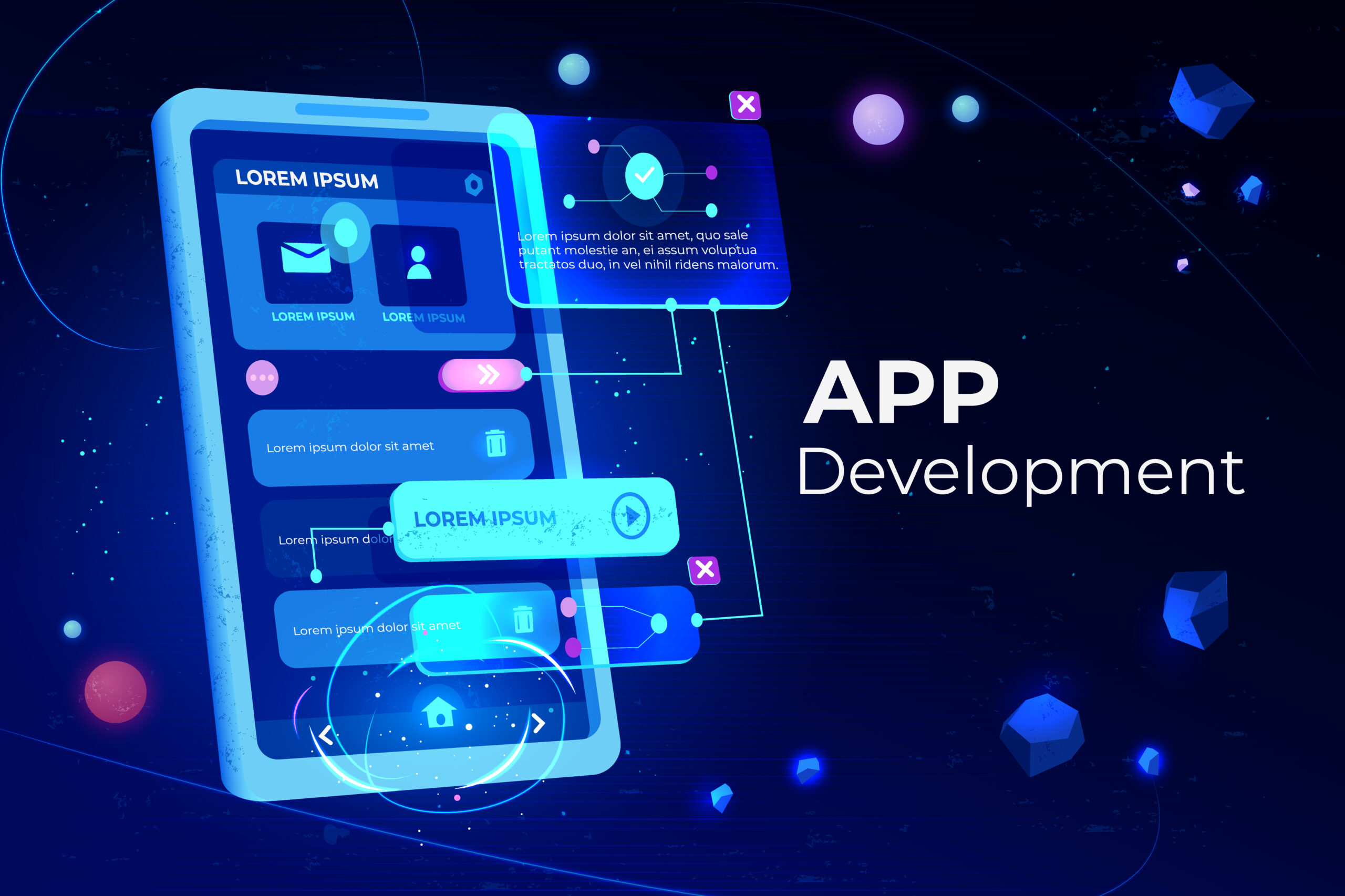What is Circuit Design? Advance PCB Design

Circuit design
Circuit design is the process of planning, creating, and testing electronic circuits to achieve a specific goal or function. It involves a combination of electrical engineering, mathematics, and creativity to design and develop electronic systems that can perform a wide range of tasks. In this article, we will delve into the world of circuit design, exploring its importance, types, and best practices.

Why is Circuit Design Important?
Circuit design is crucial in today’s technology-driven world. It plays a vital role in the development of electronic devices, systems, and infrastructure that power our daily lives. From smartphones and laptops to medical equipment and transportation systems, circuit design is an essential component of modern technology.
Types of Circuit Design
There are several types of circuit design, each with its own unique characteristics and applications. Some of the most common types of circuit design include:
Analog Circuit Design
Analog circuit design involves the use of continuous signals to design and develop electronic systems. It is commonly used in audio equipment, medical devices, and control systems.
Digital Circuit Design
Digital circuit design, on the other hand, uses discrete signals to design and develop electronic systems. It is commonly used in computers, smartphones, and other digital devices.
Mixed-Signal Circuit Design
Mixed-signal circuit design combines both analog and digital signals to design and develop electronic systems. It is commonly used in devices that require both analog and digital functionality, such as smartphones and laptops.
Best Practices in Circuit Design
Effective circuit design requires a combination of technical knowledge, creativity, and attention to detail. Here are some best practices to keep in mind:
Create a Clear Design Specification
Before starting the design process, it is essential to create a clear design specification that outlines the requirements and constraints of the project.
Choose the Right Components
Selecting the right components is critical in circuit design. It is essential to choose components that meet the design specifications and are compatible with each other.
Use Simulation Tools
Simulation tools can help designers test and validate their designs before prototyping. This can save time and reduce the risk of errors.
Test and Iterate
Testing and iteration are essential components of the circuit design process. Designers should test their designs, identify areas for improvement, and iterate until they achieve the desired results.
Tools and Resources for Circuit Design
There are several tools and resources available to help designers with circuit design. Some of the most popular tools include:
SPICE Simulation Software
SPICE simulation software is a popular tool used for simulating and analyzing electronic circuits.
PCB Design Software
PCB design software is used for designing and developing printed circuit boards.
Online Resources
There are several online resources available for circuit designers, including tutorials, blogs, and forums.
Conclusion
Circuit design is a complex and multifaceted field that requires a combination of technical knowledge, creativity, and attention to detail. By following best practices, using the right tools and resources, and staying up-to-date with the latest trends and technologies, designers can create innovative and effective electronic systems that power our daily lives.
Final Thoughts
Circuit design is an essential component of modern technology. It has the power to transform industries, improve lives, and shape the future. As technology continues to evolve, the importance of circuit design will only continue to grow. Whether you are a seasoned designer or just starting out, understanding the principles and best practices of circuit design can help you unlock your full potential and create innovative solutions that make a difference.
Frequently Asked Questions
What is the difference between a series and parallel circuit?
In a series circuit, devices are cascaded, and the current flows sequentially through each device. In a parallel circuit, devices are connected in parallel branches, and the voltage is uniform across each branch.
How do I choose the right resistor value for my circuit?
To choose the right resistor value, you need to consider the voltage and current requirements of your circuit. You can use Ohm’s Law (R = V/I) to calculate the resistance value needed.
What is the purpose of a decoupling capacitor in a circuit?
A decoupling capacitor is used to filter out noise and ripple in a power supply, and to provide a local source of energy for the circuit.
How do I design a circuit to operate at a specific frequency?
To design a circuit to operate at a specific frequency, you need to consider the resonant frequency of the components, such as inductors and capacitors. You can use formulas like the resonant frequency formula (f = 1/(2*π*√(LC))) to calculate the values needed.
What is the difference between a breadboard and a PCB?
A breadboard is a temporary prototyping platform used to test and develop circuits, while a PCB (Printed Circuit Board) is a permanent, manufactured board used for production and deployment.
How do I troubleshoot a faulty circuit?
To troubleshoot a faulty circuit, start by identifying the symptoms of the problem, then use a systematic approach to isolate the faulty component or section of the circuit. Use tools like multimeters and oscilloscopes to measure voltage, current, and signal waveforms.
What is the importance of grounding in circuit design?
A: Grounding is crucial in circuit design to provide a safe path for electrical currents to return to the power source, and to prevent electrical shocks and hazards. It also helps to reduce noise and interference in the circuit.








